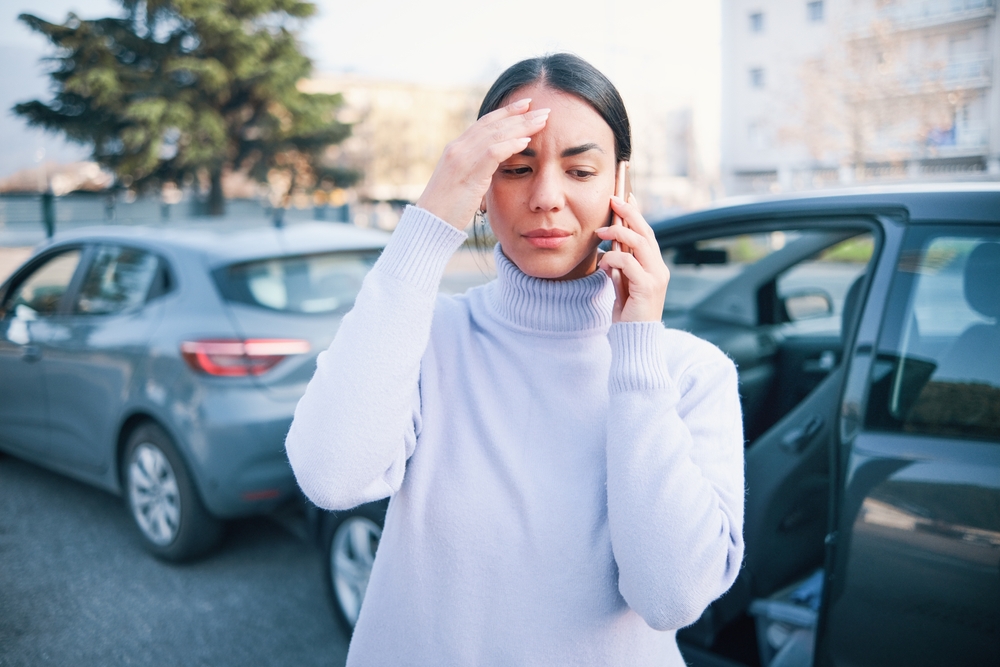
Car accidents, no matter how minor, can be a distressing experience. In the chaos and confusion that follows, it’s easy to make mistakes that could jeopardize your ability to claim compensation or even potentially land you in legal trouble. In the confusion, we’re here to guide you on the mistakes all car accident victims should avoid. From admitting fault prematurely to neglecting immediate medical attention, here’s what you should avoid to protect your rights and ensure a fair resolution to any situation.
The Risk of Admitting Fault Prematurely
In the aftermath of a car accident, it’s only natural to feel a rush of emotions. Panic, guilt, and anxiety can cloud your judgement, often leading to impulsive statements that could potentially harm your case. One of the most critical errors to avoid is prematurely admitting fault.
You might believe you’re at fault due to a lack of understanding of traffic laws, or perhaps you’re simply trying to diffuse the situation. However, it’s crucial to remember that determining fault in a car accident is a complex process that takes into account many factors, not just the immediate circumstances of the accident.
By admitting fault prematurely, you essentially take responsibility for the accident and its consequences. This admission can be used against you by insurance companies and other parties involved in the accident. It can affect the outcome of insurance claims and lawsuits, potentially leading to increased premiums or even legal penalties.
Neglecting to Document the Accident Scene
One of the critical steps to take after ensuring everyone’s safety in a car accident is documenting the scene. Neglecting this step can be a costly mistake, as the information gathered at the scene can play a pivotal role in insurance claims and potential legal proceedings.
Right after an accident, adrenaline and shock can blur our memories. This makes it essential to capture the details of the accident scene while they are still fresh. Photos and videos can serve as concrete evidence that can help establish the circumstances surrounding the accident.
Try to capture various angles of the vehicles involved, their positions, skid marks, road conditions, traffic signs, and any visible damages. These visuals can provide a more accurate depiction of the incident than relying solely on eyewitness accounts or memory recall, which can vary or fade over time.
Additionally, jot down critical details about the accident while your memory is fresh. This may include the time and location, the direction you and the other vehicle(s) were traveling, the weather conditions, and any immediate reactions or statements from the other parties involved.
Failing to Seek Immediate Medical Attention
Often, in the aftermath of a car accident, the adrenaline and shock can mask pain and injuries, leading many people to underestimate their condition and skip immediate medical attention. This is a grave mistake that can have significant consequences for both your health and any potential personal injury claims. Even if you feel fine, it’s crucial to get checked by a healthcare professional immediately after an accident. Hidden injuries, such as concussions or internal bleeding, may not show symptoms right away but can have serious, even life-threatening implications if left untreated.
From a legal perspective, failing to seek immediate medical attention can also be used against you by insurance companies. They may argue that your injuries were not severe or were unrelated to the accident, thus diminishing the value of your claim. A prompt medical examination creates a documented link between the accident and your injuries, providing critical evidence in support of your claim.
Not Contacting Your Insurance Company Promptly
After a car accident, it’s essential to notify your insurance company promptly, even if you believe you’re not at fault. Delaying this step can lead to complications with your claim and might even result in denial of coverage. Insurance policies typically require policyholders to report accidents as soon as possible. By promptly contacting your insurance company, you’re complying with these requirements and giving them the opportunity to start their investigation into the incident immediately. This swift action allows for accurate and timely documentation of damages, which can aid in the claims process.
Don’t Overlook the Need for Professional Legal Support
Navigating through the aftermath of a car accident can be daunting, but steering clear of these common mistakes can significantly ease your journey to recovery, both physically and financially. Arm yourself with the right knowledge, maintain your composure, and seek legal support from the Liever, Hyman & Potter, P. C. team. Contact us for more detailed information on what to do after a car accident injury and receive legal support for additional legal issues such as worker’s compensation, product liability, and more.

